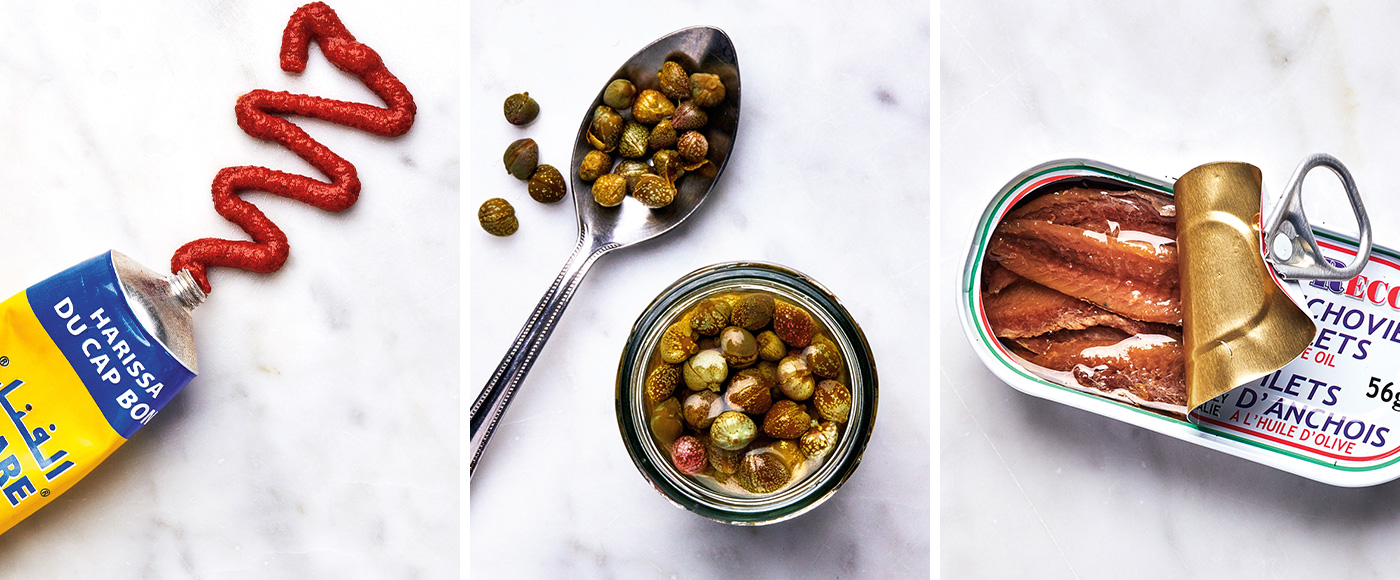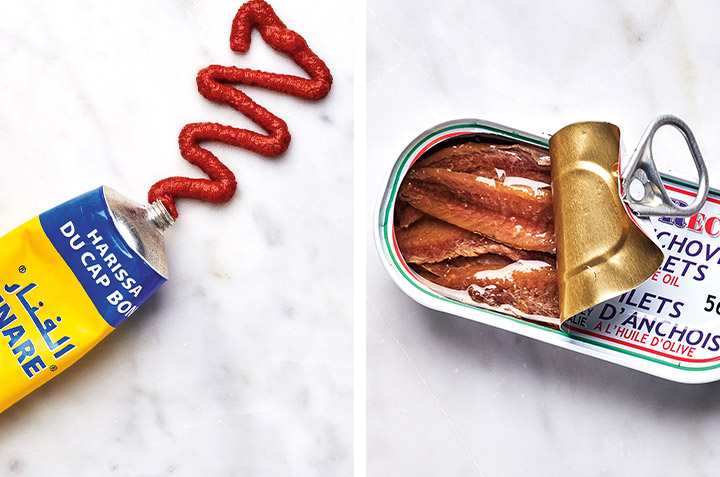According to a Dalhousie University survey, 8.6% of Quebecers have consumed food that has exceeded its shelf-life date (“best before”) since the beginning of the pandemic in order to reduce waste. The Canadian average is 12.7%.
To get a little more information and gain confidence managing your food’s shelf life, follow this guide!
1. Perishable foods
These should be refrigerated and consumed before the “best before” date, as they can easily spoil. We’re talking about:
• Meat
• Fish
• Deli meats
• Dairy products (such as milk, creams and soft cheeses)
• Hummus
• Chilled sauces
• Germs and sprouts
All these products must be consumed as soon as possible after opening in order to avoid the product altering and the appearance of harmful bacteria.
2. Low-risk perishable foods
These can be consumed after the “best before” date if they are not altered and generally do not allow the growth of harmful bacteria. We’re talking about:
• Fruits and vegetables
• Yogurts
• Firm or hard cheeses
• Butter and margarine
• Eggs
Here, it’s all about judgment. It’s time to use your senses to determine the state of your food. What does it smell like? What colour is it? Does it have an unusual texture?
3. Non-perishable foods
This category can be consumed after the “best before” date if the products are not altered—and it’s rare that they are.
Here, we are mainly talking about non-perishable, pasteurized or canned foods:
• Dry cereals
• Canned goods
• Condiments
• Frozen meats and foods
Again, use your senses after opening your food items. As MAPAQ reminds us, “the shelf life of food varies depending on a multitude of factors, such as storage conditions, acidity or humidity of the food, packaging or whether the container is open or not.” But by putting our tips into practice, you’ll be able to extend the life of some of your foods, while helping to reduce food waste!


